Contentious pandemic Bill passed into law
The Andrews government’s controversial pandemic laws will come into effect from December 16 after passing Victoria’s upper house.
Victoria
Don't miss out on the headlines from Victoria. Followed categories will be added to My News.
The state government’s pandemic legislation has passed the upper house and will now become law.
In a final vote after weeks of protests and negotiations with crossbenchers, the Bill was passed 20 votes to 18.
It will now begin the process of being finalized and made into law by the Victorian Governor.
The new legislation will shift the responsibility from the chief health officer to the Premier and Health Minister, who will be able to declare pandemics and issue health orders.
The changes will come into effect from December 16 when the current state of emergency expires.
Debate on the Andrews government’s Bill began in the Council on Tuesday afternoon and only ended just before noon on Wednesday following a marathon debate.
Opposition and crossbench MPs spent more than 21 hours scrutinising 58 clauses and 83 amendments.
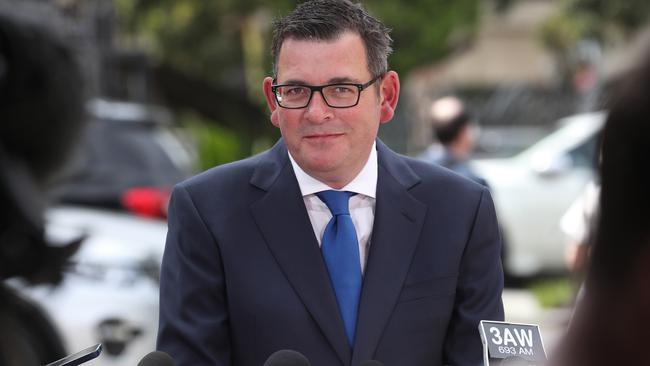
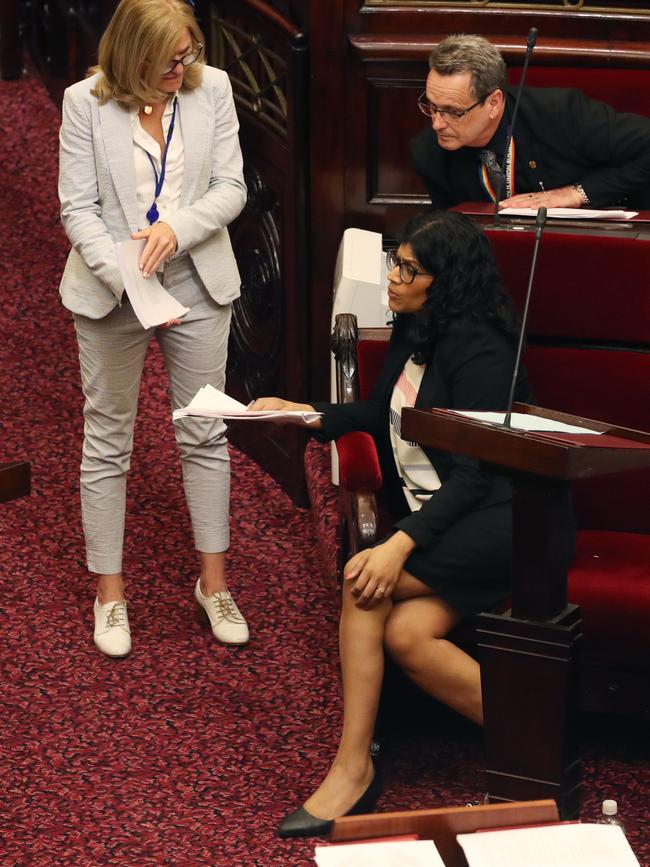
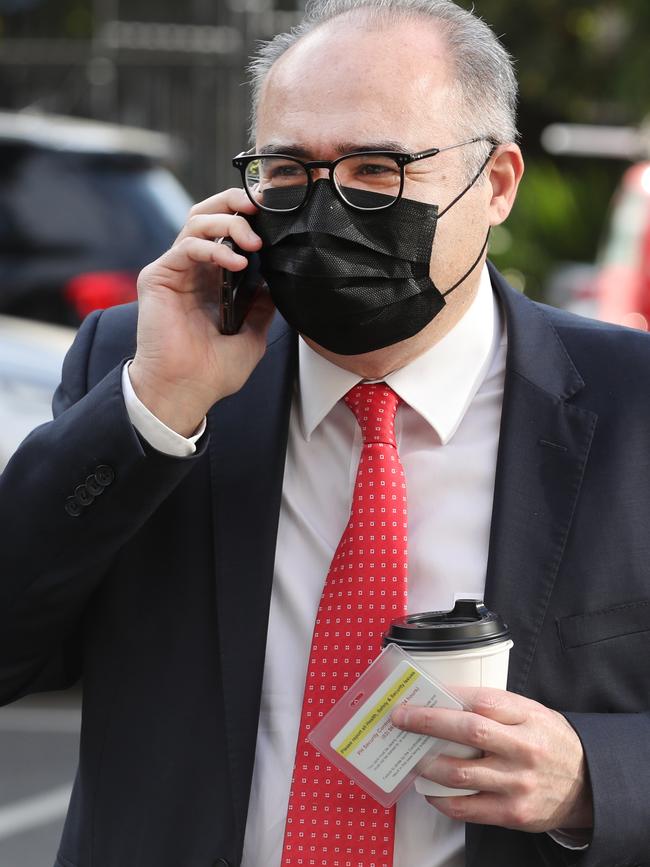
The revised Bill was then sent back to the Labor-dominated lower house on Wednesday afternoon to be debated once more. It was passed on Wednesday evening and returned to the upper house for the final vote on Thursday morning.
Several amendments were made to the Bill in a bid to secure the support of Transport Matters MP Rod Barton, after former minister Adem Somyurek vowed to return to parliament to effectively block the Bill.
Prior to that, the government had only consulted with three crossbench MPs – Greens leader Samantha Ratnam, the Animal Justice Party’s Andy Meddick and Reason Party leader Fiona Patten – assuming they would give them the support needed for the Bill to sail through.
While these three crossbenchers have previously won government support for their pet projects, Mr Barton declared there would be no backroom deals to win his vote.
The MP, who has received abuse and death threats this week, said he was “very proud” to have helped produce a Bill that would play a “key role in keeping Victorians safe”.
“I’m pleased that we’ve come out with a Bill that is far better than a state of emergency, and certainly a lot better than what we had,” he said.
As the contentious laws were debated in the upper house, Ms Glass threw her support behind the amendments.
“I am pleased the government has listened to my concerns as Ombudsman that focused on the need for independent review and oversight in the Bill,” she said.
Ms Glass also welcomed the establishment of a New Cross-party parliamentary committee to review pandemic orders and new independent processes to review pandemic declarations and detention orders.
That committee will be made up of two Labor members, Ivanhoe MP Anthony Carbines and Eltham MP Vicki Ward; two Coalition members, Lowan MP Emma Kealy and Rowville MP Kim Wells; and two crossbench MPs, who are yet to be announced.
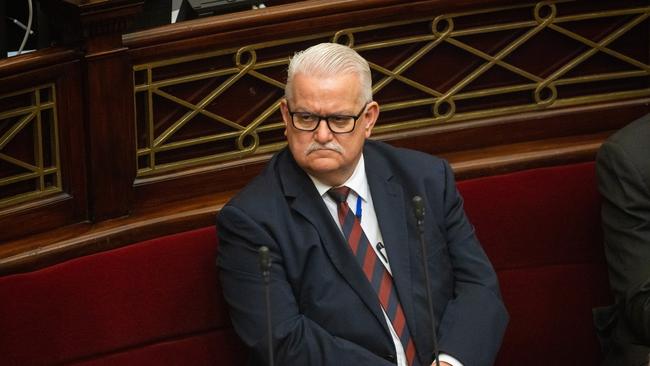
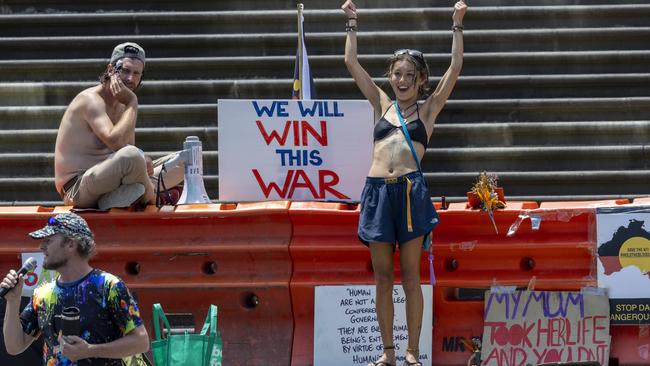
It’s expected that a crossbench MP will chair the committee as part of the agreement reached to get the laws passed.
After 25 hours in the chamber, including more than 21 spent on the debate, some MPs needed to be woken up, while Red Bull cans were distributed around the room.
“(I had a) couple of kicks to the ankle to wake me up,” Liberal Democrats MP Tim Quilty said, adding that there was no need for it to have dragged on for so long.
But his Liberal Democrats colleague, David Limbrick, an outspoken critic of the Bill, said: “I don’t mind staying up late to fight bad legislation, so that’s what we did.”
The opposition was accused of attempting to “delay and frustrate the progress” but leader in the upper house, David Davis, said it was the job of MPs to “ask about clauses”.
Despite the fresh amendments, Opposition Leader Matthew Guy again renewed his promise to scrap the “dangerous laws” entirely if he was elected Premier.
“New variants will come and with a commonsense plan we can stay safe, open and move forward without relying on harsh lockdowns,” he said.




